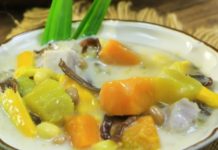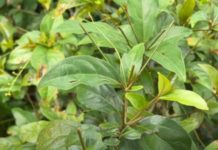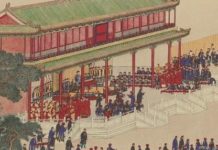Mugicha, or barley tea, is a popular and beloved drink in Japanese tea culture. In this article, we will explore the origins, benefits, and preparation methods of this unique tea, so grab a cup and join us on this journey!
1 What is Mugicha?
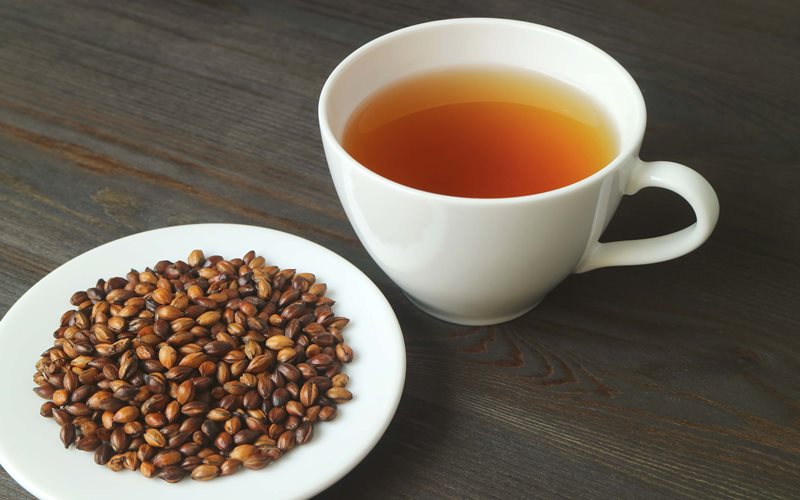 All About Mugicha
All About Mugicha
Mugicha, or barley tea, is a traditional Japanese beverage made from a special variety of local barley called “Mugi.” This tea offers a refreshing and subtly sweet flavor profile while also boasting antioxidant properties and providing essential nutrients to the body.
During the hot Japanese summers, Mugicha is a go-to drink for its cooling and refreshing qualities. It holds a significant place in Japanese culture, similar to other renowned teas such as Matcha, Bancha, and Houjicha.
2 The History of Mugicha
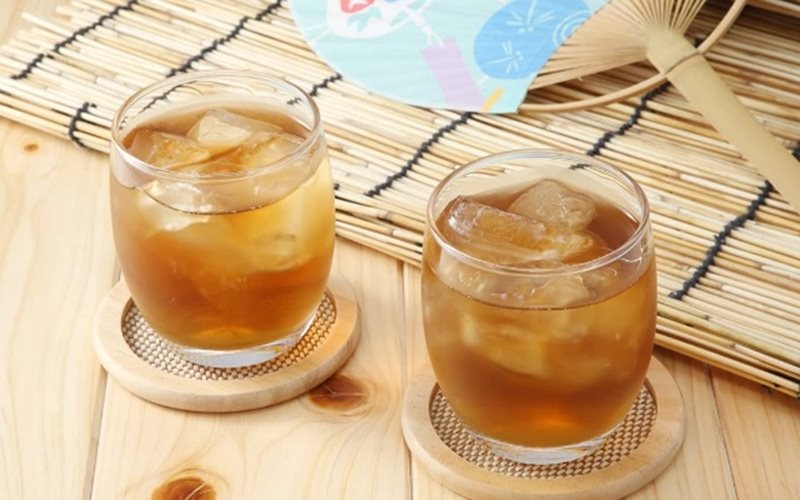 Unraveling the Origins
Unraveling the Origins
The origins of Mugicha can be traced back to Japan’s Heian period, when people commonly consumed powdered barley, mixed with kinako (roasted soybean flour), dissolved in hot water. During the Warring States period, military commanders and high-ranking officials often enjoyed hot barley tea blended with alcohol. This beverage gradually gained popularity among the common folk towards the end of the Edo period.
In the Meiji era, mugicha tea houses began to spring up, eventually outnumbering coffee houses. However, it was only in the year 1965 that this tea officially acquired the name “Mugicha.”
3 Health Benefits of Mugicha
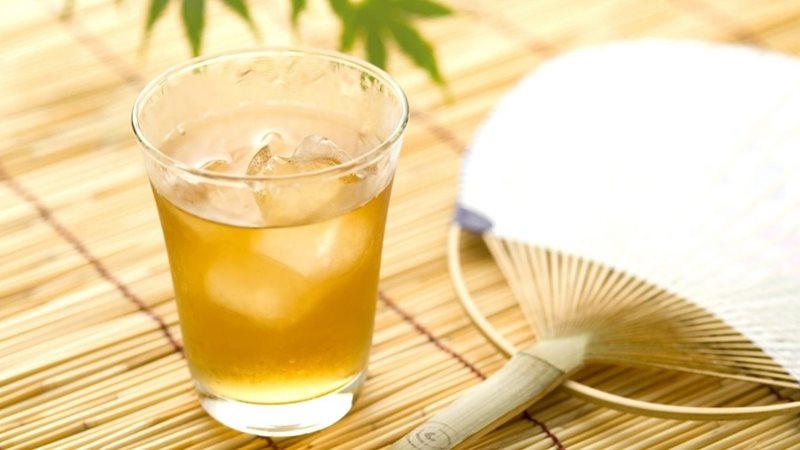 Unlocking the Benefits
Unlocking the Benefits
Mugicha boasts an impressive range of health benefits beyond its cooling properties. These include:
- Reducing bad cholesterol and preventing cardiovascular diseases, as well as helping manage diabetes.
- Containing essential amino acids, vitamins, and minerals while also aiding in weight loss.
- Improving digestive health and relieving constipation.
- Being caffeine-free, making it suitable for all ages, from children to the elderly.
4 How to Brew Mugicha
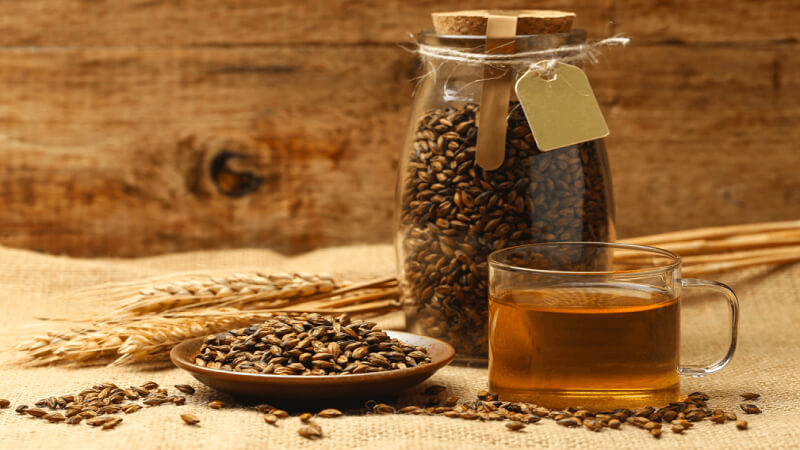 Brewing Techniques
Brewing Techniques
There are two primary methods for brewing Mugicha, and we’ve outlined them below to help you create the perfect cup:
Method 1:
Method 2:
Now you know all about Mugicha, from its history to its health benefits and brewing techniques. We hope this article has inspired you to explore and appreciate this unique Japanese tea. Cheers to a healthier and more refreshing you!












